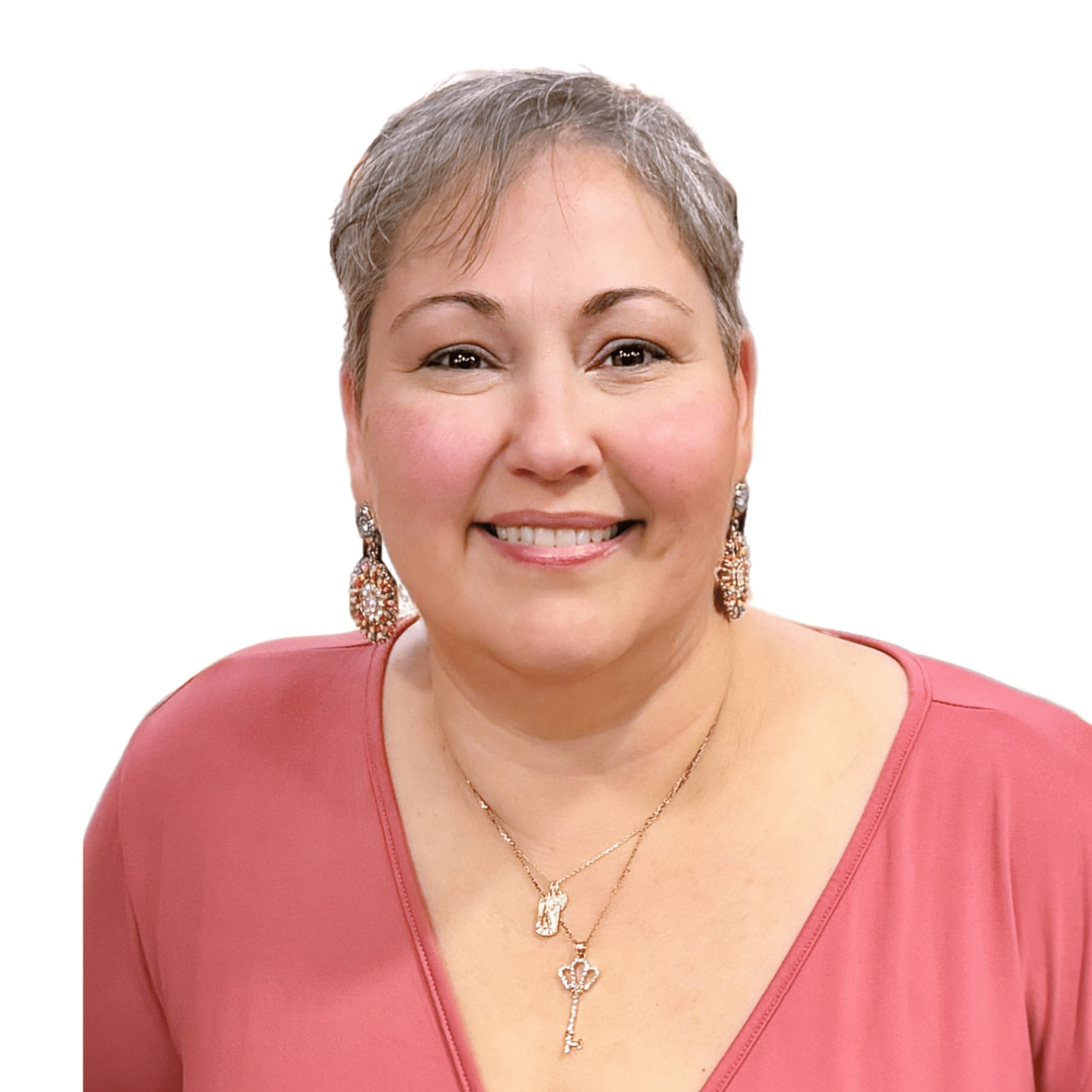PPE and Me
Happy Sunday, everyone. I know it can feel like another day of the week for those of you isolated in your homes going stir crazy waiting for the pandemic to end. I haven’t gotten to experience that yet as I work full time in a military hospital and work most days. I am looking forward to teleworking Monday and Tuesday this coming week as working in a hospital can be quite triggering, (anxious is my middle name). Things that help remember that I’m wearing PPE, (Personal Protective Equipment), I’m making a difference to my patients who are struggling with serious mental health issues, I’m having social interactions with other providers who are also working, and there are less technical issues at work than at home. That is the best I can do since I’ve misplaced my rose-colored glasses. Well…. Not quite, your thinking can be irrational, illogical, and not helpful. This leads me to today’s topic of how to heal from common thinking errors. Who has the most unhelpful thinking patterns? Trauma Survivors. The result of unhealthy thinking paradigms? Depression, anxiety, anger, poor health and risky behaviors.
All or Nothing
This unhelpful thinking is the most common. When we show these thinking patterns, we procrastinate as we want our efforts to be “perfect.” You can recognize this in yourself when you delay starting a paper for school or a project for work because you don’t have everything on hand to make it “perfect.” You are missing a piece of knowledge, a supply, or a tool to make your work successful in your mind. How to recover from this? Remembering that having something done and turned in is more productive than not doing something at all. Many times a client will tell me they delay tasks or don’t feel like they know what they are doing. However, usually this is just in their thoughts. How do I know this? When gathering evidence (surveying) supervisors, teachers, peers, it often turns out that the client is being too hard on themselves. Supervisors don’t expect perfection when you start something new, and if you already knew course materials perfectly, what would be the use in having a teacher? Healthy thoughts to have instead included: “I am progressing in my class and I am learning more each day.” “I am a hard worker.” “I can learn and I am improving daily.” “I am successful.” “I am perfectly imperfect.” “It is okay to make mistakes.” “I am kind to myself.” Remember that these affirmations or counters of your negative beliefs become believable with consistent daily repetition. I recommend a minimum of three times daily.
Should Statements
Have you ever heard of the expression, “Don’t ‘should’ all over yourself?” I guess that is a crappy way to put it :-). Should, must, always, and never are what we call absolutes. There is a time and place for these words in early childhood, but these words are less needed in adulthood. For example, we no longer need these instructions: Always look both ways before crossing the street, never talk to strangers, you must not touch a hot burner on the stove, etc. Yes, we need to teach children these examples but as adults we already know this safety information. As adults, we transfer these absolutes into situations where we really don’t need the pressure. An example being, “I should make my bed every morning.” Really? What happens when you don’t make your bed? Does the sky fall? Test it out. I dare you. I’m not stating that it’s bad to make your bed as I know there is “research” that people feel better, more productive if they start their day this way. What I am saying is that the language we use or how we think matters. Instead of “I must get 100% on my test” change to “I am striving for an A.” Can you feel the difference? It is okay to have goals and strive for improvement. One way of thinking is encouraging while the other way can be demoralizing. Don’t you agree that it is easier to strive for improvement and advancement when encouraged? Please encourage yourself by having grace and rewarding yourself. This is much more effective than tearing yourself down and expecting that this will help you be more successful. Not likely.
Personalization & Blame
After a disagreement, do you blame the other party (partner, employee/supervisor, friend, etc.) For everything, or do you take responsibility for it all? Either of these will lead us to feeling moody. If you personalize that you are the problem or blame another for being a problem is again using polarity. Most things in life are not all one way. Yes, people trigger us. However, we need to take responsibility but ONLY our part in a conflict. It takes two people to fight and to tango. Pretend to see the situation from the other’s perspective. Does this change anything for you? Ask the other to do the same (this doesn’t mean they will). When apologizing, don’t own the other person’s thinking issues or ill behavior. Apologize for your part of the conflict or misunderstanding only. We feel better when we own our part and try to make amends. When we practice this skill, the other person will probably want to follow suit. Maybe not right away, but overtime. We can model how to take responsibility, how to apologize, how to have grace for ourselves and for others. These suggestions may not work in situations involving drugs and alcohol or in relationships with toxicity that include domestic violence. These issues are complex, and they need professional help to intervene for everyone’s safety.
Labeling
Labeling and ‘all or nothing’ thinking go hand in hand. Labeling is more extreme as we label ourselves after procrastinating or for not being perfect. A common example is labeling yourself a “loser” if you fail a test or “lazy” if you lay on the couch all day. I recommend instead that you consider the bigger picture. Did you need to study more for the test? Do you have a learning disability? Is there chaos, abuse, or dysfunction in your home that could impact your focus? Instead of labeling yourself as a loser, develop a plan to improve instead. Start with asking for help. Also, before using the word “lazy,” check in with yourself to assess if you are on the couch because you are sick, have a broken leg, or depressed. Lazy is a choice not to be active. Being clear about our word selections can help us feel more hopeful.
Emotional Reasoning
Sometimes when we wake up on the wrong side of the bed, we irrationally deduct that today will be a bad day. This is when we would prefer to stay in bed with the covers over our face. Our emotions and mood can change as quickly as the weather outside. It is important that we don’t allow our emotions to rule us or to determine our plans. I recommend talking to yourself like you would to encourage a young child. Try saying things like, “Get up and go take your shower and this will help you feel better.” While in the shower, state affirmations such as, “I will make today great”, “I will help someone today”, “I will do three good deeds and see how it improves my mood.” “I will exercise to feel better.” Another recommendation is that when you are having a great day, write out things to try for the harder days when feeling depressed, unmotivated, etc. You are more than your emotions. You are a spiritual being made for greatness. List out your accomplishments. List out your talents and your strengths.
Minimizing the Positives/Maximizing the Negatives
Report cards, job evaluations, PT tests, feedback from a paper, couples’ counseling are just a few examples of when we minimize the positives and maximize the negatives. Think about the last time you had a job evaluation. Did you read past the positive feedback and zeroed in on the constructive criticism? Since we are not perfect, isn’t it likely there are things to improve on? What if the criticism doesn’t feel correct? When possible, discuss with the other party and try to get clarification. Maybe they see something you can’t see. If they missed the mark, develop a plan to continue to improve in that area. Prove yourself right by becoming a more improved version of yourself. Remember that you aren’t your evaluation just like you aren’t the number on the scale. Instead of driving yourself mad, focus on the positives and celebrate your accomplishments. Deciding to work on self-growth and improvement will help in all aspects of your life, including school, work and relationships.
Catastrophe
If I had a dollar for every time I asked a client to look up the word “catastrophe” in the dictionary, I would be a very rich woman. Pause a moment and look it up. Write out the definition. Now think about the time you last stated that something that happened in your life “was a catastrophe.” Did your statement or belief match the dictionary definition? Likely not. If you haven’t noticed yet, many of our unhelpful thinking patterns are similar. When we label something a ‘catastrophe’ we probably mean that it feels that way. Think about the time you had a breakup or a divorce. It feels like the world is ending. Most of us experience significant pain for ourselves and our child (ren) if we have them. We can feel like a failure. How do we get past our emotions? We can start by remembering that we will be okay. Our children will be okay. Divorce is not ideal for families with children. However, it is also not ideal for children to see their parents in constant conflict, domestic violence, or seeing a parent miserable with depression. Divorce or break-ups are not catastrophic. What is a catastrophe? A tsunami wiping out thousands out to the Pacific, an earthquake with the ground swallowing hundreds, Hurricane Katrina, you get the idea. Even during real catastrophes, it will be more helpful to think about what is hopeful. Viktor Frankl, a famous Holocaust survivor, could do this during the Holocaust, even when he lost his family to the ovens. He lost his home, his job, his possessions, most of his family including his spouse. I’m not saying I could think like Frankel or that it would be easy for you to do. I know that if we had his beliefs of finding purpose and hope in every situation, we could recover much more quickly and decrease our overall suffering.
Wrap Up
As I finish this week’s blog post, I’m grappling with the last example of the unhelpful thought paradigm of “catastrophe,” the corona-virus pandemic. How do we view it? Do we allow our emotions to decide our thought process, our responses? I don’t have all the answers, but I have some suggestions. Focus on the good. Focus on helping someone whose situation is worse than yours. Focus on self improvement, being healthy as possible, loving your tribe more than you ever have before. Work on your spirituality by praying, meditating, studying, and finding comfort. Focus on self care. Ask for help. Do your best to be your best, even when it feels impossibly hard. Sending prayers and warm wishes your way.


